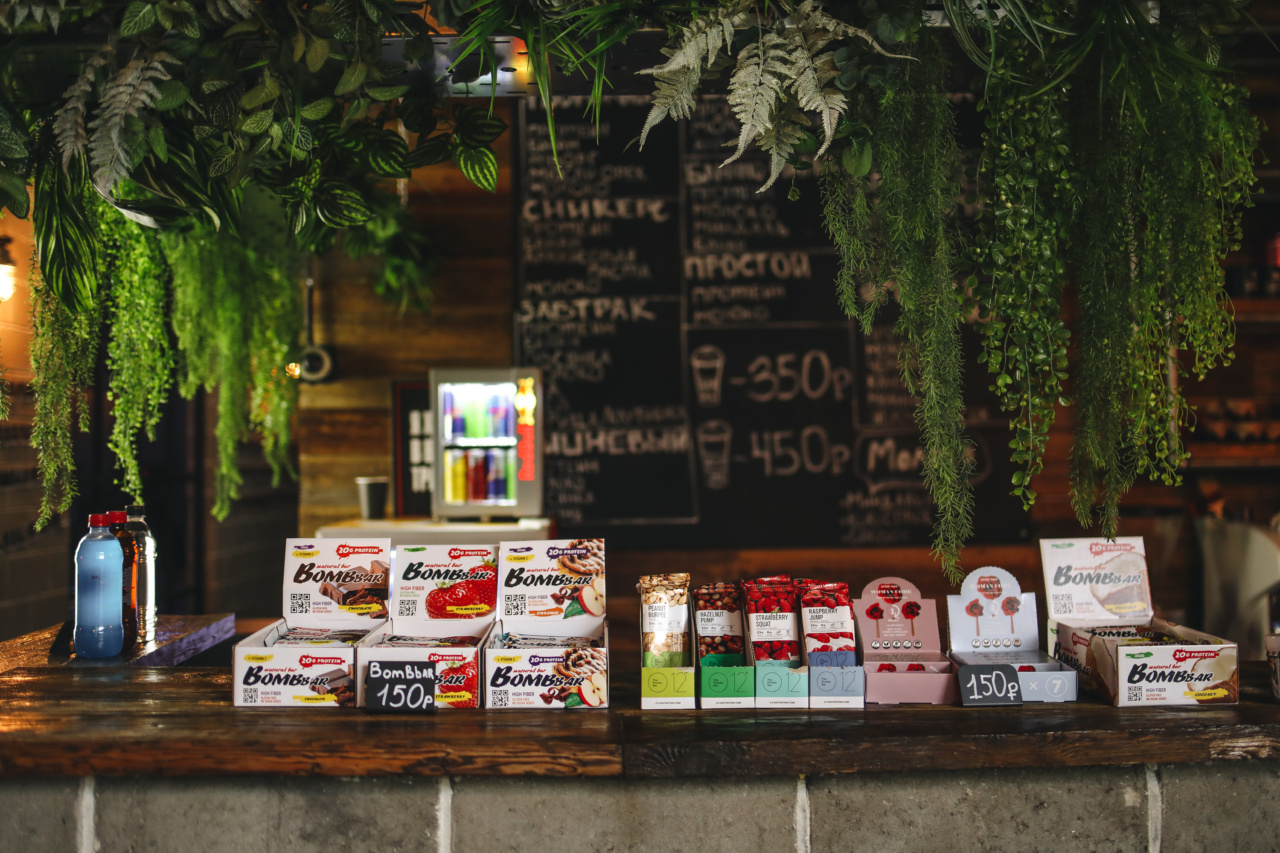One of the most important aspects of a successful gym session is ensuring that your body has enough protein to support muscle growth and recovery.
Protein is a vital nutrient that helps repair and build muscle tissue, making it crucial for those looking to maximize their gains. In this article, we will explore the benefits of consuming an adequate amount of protein after a workout, as well as some tips on how to incorporate it into your post-gym routine.
Why Protein is Essential for Muscle Growth
Protein is made up of amino acids, which are the building blocks of muscle tissue. When you exercise, you create small tears in your muscles, and protein helps to repair and rebuild these tears.
Without enough protein, your muscles may not recover properly, leading to slower progress and increased risk of injury.
Additionally, protein is also essential for muscle growth. When you engage in strength training exercises, your body breaks down muscle fibers.
Protein provides the necessary nutrients to rebuild these fibers, resulting in increased muscle size and strength over time.
The Anabolic Window: Myth or Fact?
You may have heard of the “anabolic window,” which refers to the theory that there is a specific time frame after a workout where consuming protein can enhance muscle growth.
Some studies suggest that consuming protein within 30 minutes to two hours after exercise may optimize muscle repair and protein synthesis. However, more recent research suggests that the anabolic window may be longer than originally thought, lasting up to 24 hours post-workout.
While the importance of timing is still debated among experts, what remains clear is that consuming enough protein after your gym session is vital for optimal muscle recovery and growth.
Regardless of the specific timing, it is crucial to provide your body with the necessary nutrients as soon as possible after your workout.
How Much Protein is Enough?
Meeting your protein requirements after gym sessions can be challenging, especially if you are unsure of how much you actually need.
The recommended daily protein intake for the average sedentary adult is around 0.8 grams of protein per kilogram of body weight. However, for those regularly engaging in exercise, the requirements may be higher.
A common guideline for active individuals looking to build muscle is to aim for 1.2 to 2 grams of protein per kilogram of body weight. This range provides enough protein to support muscle repair and growth without overloading your system.
Keep in mind that individual needs may vary based on factors such as age, sex, and activity level.
Best Sources of Post-Workout Protein
Now that you understand the importance of protein after gym sessions and how much you should aim for, let’s explore some of the best sources of post-workout protein.
Incorporating a variety of protein-rich foods into your diet will help ensure you meet your requirements while also enjoying a balanced nutritional intake.
1. Lean Meats
Lean meats such as chicken, turkey, and beef are excellent sources of high-quality protein. They provide essential amino acids and other important nutrients such as iron and vitamin B12.
Opt for skinless poultry and lean cuts of beef to keep the fat content in check.
2. Fish and Seafood
Seafood is not only rich in protein but also a great source of omega-3 fatty acids, which have numerous health benefits. Fish like salmon, tuna, and trout are particularly high in protein while offering heart-healthy fats.
3. Eggs
Eggs are a convenient and affordable source of protein, with the added benefit of containing essential vitamins and minerals. They are versatile and can be enjoyed in various forms, such as boiled, scrambled, or as an ingredient in baked goods.
4. Dairy Products
Dairy products like Greek yogurt, cottage cheese, and milk are rich in protein and also provide valuable calcium for bone health. Greek yogurt, in particular, is a popular choice among gym-goers due to its high protein content and creamy texture.
5. Plant-Based Proteins
If you follow a vegetarian or vegan diet, there are plenty of plant-based protein sources available. Foods such as tofu, tempeh, edamame, lentils, and quinoa are all excellent options.
Combining different plant-based proteins can ensure a complete amino acid profile.
Incorporating Protein into Your Post-Gym Routine
Now that you have an idea of which foods to focus on, let’s discuss how to incorporate protein into your post-gym routine. Timing, convenience, and personal preference will all play a role in determining the best approach for you.
Here are some practical tips to help you meet your protein goals:.
1. Protein Shakes or Smoothies
Protein shakes or smoothies are a popular choice among gym enthusiasts due to their convenience and quick absorption. Choose a protein powder that matches your dietary preferences and mix it with water or a liquid of your choice.
Adding fruits, vegetables, or nut butter can provide additional nutrients and flavor.
2. Preparing Meals in Advance
Meal prepping is an excellent strategy to ensure you have protein-rich meals ready to eat after your workout. Cook larger batches of lean meats, fish, or plant-based proteins and portion them into containers.
Pair them with a variety of vegetables, whole grains, or legumes for a well-rounded meal.
3. Snack on Protein-Rich Foods
Keep protein-rich snacks readily available for a quick post-gym boost. Almonds, protein bars, Greek yogurt cups, or hard-boiled eggs are all convenient options that can be easily packed and consumed on the go.
4. Don’t Forget About Hydration
Remember to hydrate properly after your workout. Water plays a crucial role in protein synthesis and muscle recovery. Stay hydrated by drinking water or consuming hydrating foods, such as fruits and vegetables with high water content.
Conclusion
Getting the right amount of protein after gym sessions is essential for supporting optimal muscle growth and recovery. Consuming enough high-quality protein can help repair muscle tissue, promote muscle growth, and prevent injuries.
Remember to incorporate a variety of protein-rich foods into your diet and find a post-gym routine that works best for you. By giving your body the nutrients it needs, you’ll be on your way to achieving your fitness goals.




























